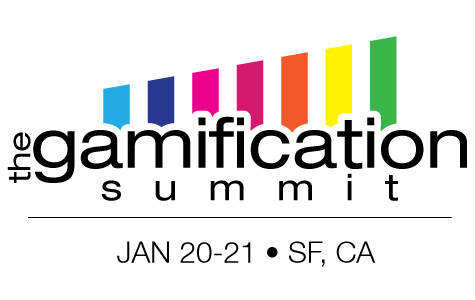There has been much buzz about Zynga’s attempt to patent virtual currency. As is often the case with patents, there is much hype, many misconceptions and little focus on the actual facts. Here are the facts.
1. Zynga does not have a patent on virtual currency. It has applied for a patent, the application has been published but has not yet been examined. It will be some time, if ever, before a patent will issue. The published application is 2010-0227675. Here is a copy of the Zynga Application.
2. Zynga is seeking protection for various aspects of virtual currency, particularly in the context of “gambling” games. The following is an example of one of the claims:
A method, comprising:receiving, at a server, a purchase order for virtual currency from a player, wherein the purchase order was made with legal currency, and wherein the virtual currency is usable within the context of a computer-implemented game;crediting an account of the player with virtual currency, wherein the virtual currency is not redeemable for legal currency;receiving a second purchase order for a virtual object within the context of the computer-implemented game from the player,
wherein the second purchase order was made with virtual currency;
and debiting the account of the player based on the second purchase order.
3. This claim appears to be seeking protection using real money to buy virtual currency, precluding redemption of the virtual currency for real money but enabling it to be used to buy virtual objects in the game.
4. The patent application was filed
03-03-2010 and claims priority to a provisional application 61/158,246 filed March 6, 2009.
5. We will monitor the status of this application as it is examined and any rejections are made.
While many believe that this patent application will be rejected due to prior art, the most important take always are these:
- MANY ASPECTS OF SOCIAL GAMES ARE POTENTIALLY PATENTABLE
- ZYNGA (AND OTHERS) ARE PURSUING MORE PATENTS IN THIS SPACE
- IT IS WELL KNOWN THAT THERE IS A LOT OF “BORROWING” OF IDEAS FROM COMPETITORS IN THE SOCIAL GAME SPACE
- THIS HAS BEEN FACILITATED BY LACK OF ATTENTION TO IP PROTECTION
- IT IS CRITICAL FOR ANYONE OPERATING IN THE SOCIAL GAMING SPACE TO DEVELOP A COMPREHENSIVE IP PROTECTION STRATEGY, INCLUDING PATENTS, COPYRIGHTS AND TRADEMARKS
E-mail us for a free guide on patent and other IP strategies in the social game space.
 ad you through the strategy and problem-solving cycles of building an engagement loop and Gamification architecture. Members from Pillsbury’s Virtual Worlds and Social Media team will be speaking on both days.
ad you through the strategy and problem-solving cycles of building an engagement loop and Gamification architecture. Members from Pillsbury’s Virtual Worlds and Social Media team will be speaking on both days.






